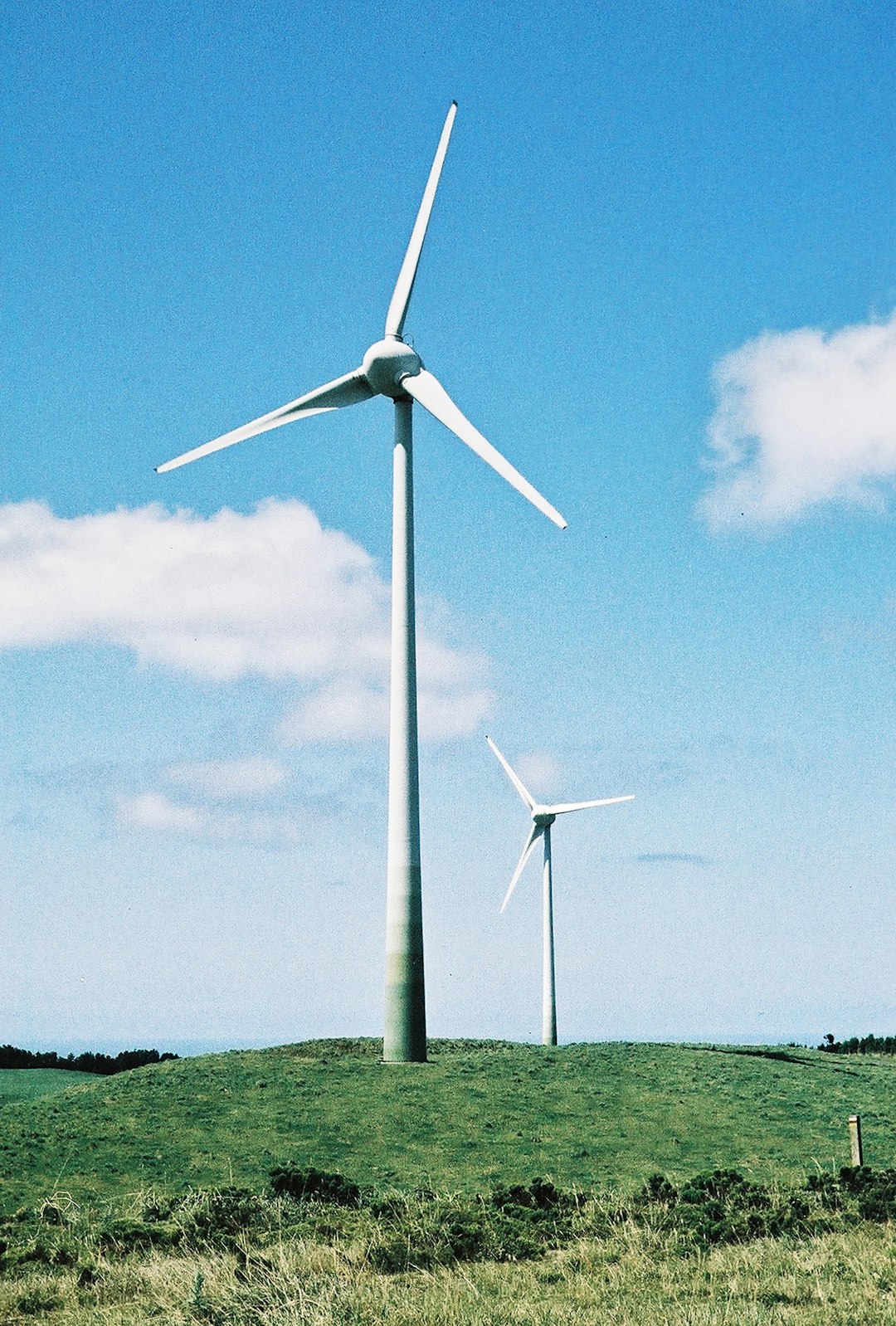The Rise of Eco-Friendly Technology: How Innovations Are Shaping Our Future
Exploring the Cutting-Edge Sustainable Technologies Transforming the World

The Urgency of Sustainable Technology
In recent years, the urgency for sustainable technology has surged as climate change and environmental degradation continue to pose significant threats. This growing concern has led to a wave of innovations aimed at reducing our ecological footprint and promoting a more sustainable future. From renewable energy solutions to biodegradable materials, eco-friendly technology is rapidly becoming a cornerstone of modern society.
Renewable Energy Sources
One of the most prominent areas of eco-friendly technology is renewable energy. Solar, wind, and hydroelectric power are leading the charge in replacing fossil fuels with cleaner alternatives. Advances in solar panel efficiency and wind turbine design have made these energy sources more accessible and cost-effective than ever before. Additionally, innovative storage solutions, like advanced batteries, are addressing the intermittency issues associated with renewable energy, ensuring a stable and reliable power supply.
Green Transportation
Transportation is another sector undergoing a green revolution. Electric vehicles (EVs) are at the forefront of this transformation, with companies like Tesla, Nissan, and Chevrolet producing models that are increasingly affordable and efficient. Beyond personal vehicles, public transportation systems are also embracing eco-friendly technology, with electric buses and trains reducing urban emissions. Furthermore, the development of hydrogen fuel cells presents another promising avenue for sustainable transportation.
Sustainable Agriculture
Eco-friendly technology is also making significant strides in agriculture. Precision farming techniques, which utilize data and IoT devices, enable farmers to optimize resource use, reducing water and fertilizer consumption. Vertical farming, an innovative approach to growing crops in stacked layers, is revolutionizing urban agriculture by minimizing land use and cutting transportation emissions. These advancements are crucial for feeding a growing global population while preserving natural resources.
Waste Reduction and Recycling
Innovations in waste reduction and recycling are essential components of eco-friendly technology. Advanced sorting systems and AI-driven recycling robots are improving the efficiency of waste management processes. Additionally, the development of biodegradable plastics and sustainable packaging materials is helping to combat the pervasive issue of plastic pollution. Companies are also exploring circular economy models, where products are designed for reuse and recycling, minimizing waste generation.
Smart Cities and Sustainable Infrastructure
The concept of smart cities is becoming a reality, thanks to eco-friendly technology. These urban areas leverage IoT, AI, and data analytics to optimize energy use, enhance public services, and reduce environmental impact. Sustainable infrastructure, including green buildings with energy-efficient designs and renewable energy integration, is a key component of this movement. By fostering innovation in urban planning and development, smart cities are paving the way for a sustainable and resilient future.
Challenges and Future Prospects
While the advancements in eco-friendly technology are promising, several challenges remain. High initial costs, technological limitations, and resistance to change can hinder the widespread adoption of sustainable solutions. However, continued research, investment, and policy support are essential to overcoming these obstacles. As technology evolves, the potential for creating a more sustainable world becomes increasingly attainable, offering hope for future generations.





